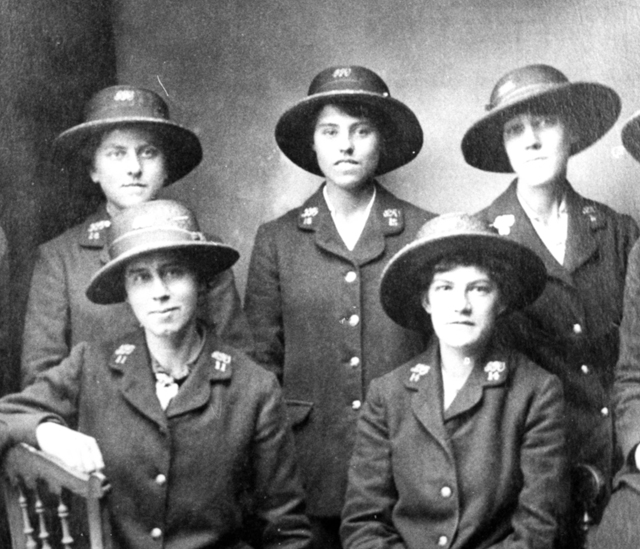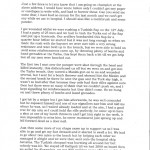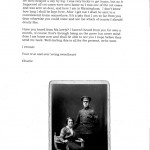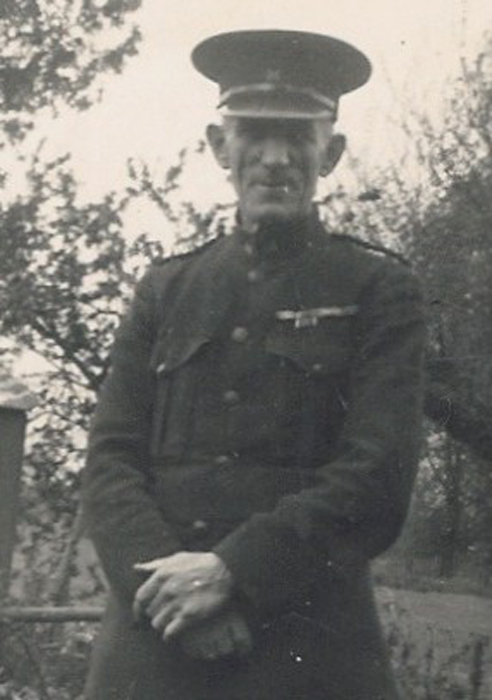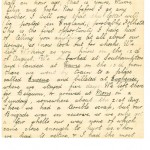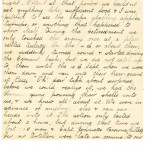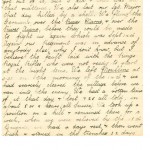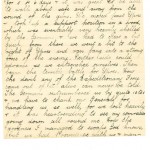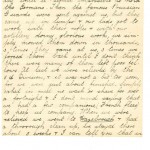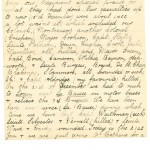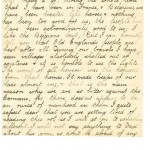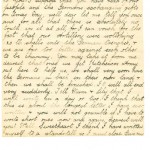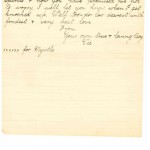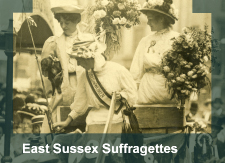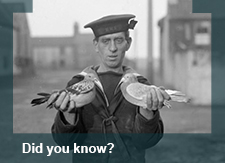During the First World War, the only regular link soldiers had to the home front was through the postal service. The sheer number of letters and parcels travelling between the Western Front and Britain meant the postal service would have to adapt to the demands of war.
Before the outbreak of war the British postal service was the single largest employer of labour anywhere in the world. The Post Officer employed 250,000 people and handled 5.9 billion items of post every year. The declaration of war in 1914 and the deployment of the British Expeditionary Force to France began to place immediate strains on the postal service.
The Post Office at War
The need for volunteers to join the army coupled with the Post Office’s role as a large employer meant that male postal workers were immediately targeted for recruitment. Every male member of staff was sent a letter calling on them to enlist. 28,000 men from the post office did exactly that by the end of 1914. There was already an existing battalion of the Post Office Rifles and the swell of recruitment led to a second being created in 1914. By the end of the war, 75,000 postal workers had been released to the army 30% of the entire pre-war postal service.
Such a dramatic drop in employees left significant gaps in service that needed to be dealt with. The number of postal deliveries in some communities began to drop from a dozen deliveries on same days before the war to one or two during it. Also 35,000 women joined the Post Office to take over the roles and jobs vacated by departing men. This new female workforce took on delivery, sorting and, in some cases, translating the letters and parcels that passed through the Post Office.
Postal Censorship
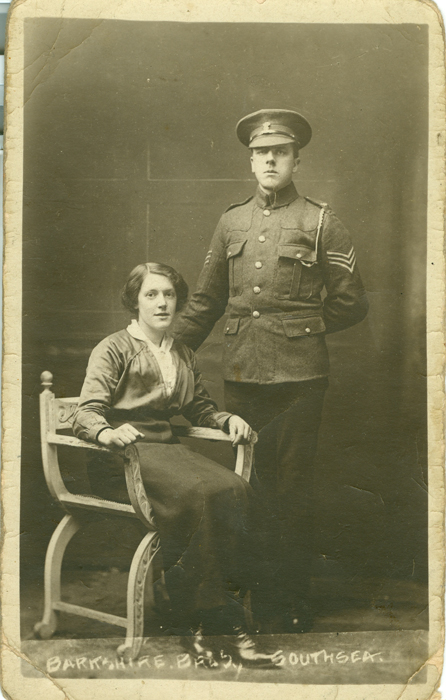
Kathleen Ready and Charles Herbert Smart. Courtesy of East Sussex Libraries and Charles’ descendants.
To ensure that morale on the home front was maintained and wartime secrets did not fall into enemy hands, soldiers’ letters operated under a process of censorship. Details regarding losses, military action, exact location and general morale were often removed from letters by military censors. The inability to confirm their exact geographical location led to many letters home being addressed from ‘somewhere in France’.
However, only regular soldiers operated under enforced censorship. Officers were expected to censor their own letters to avoid breaching expectations. Many officers, and soldiers, did censor their own letters to avoid overly distressing their family at home regarding the nature of trench warfare.
Censorship was not an exact science, however. Some soldiers would give their letters to friends who were embarking on leave for them to then be posted in England and therefore avoiding the censors. Additionally, some letters which contained details of combat did make it through the censorship process.
Charles Smart was a Sergeant in the Royal Dublin Fusilliers. Whilst on service in the Dardanelles he wrote letters to his fiancee Kathleen Millicent Ready who had been born and raised in St Leonards. one such letter detailed his combat action on 12 July 1915 where he had been wounded, and also detailed the culmination of the fighting where Smart shot and killed a Turkish sniper.
Soldiers were expected to keep details of battles in their letters brief and with no suggestion of defeatism. Even so, the descriptive violence of Smart’s combat experience meant he can be considered fortunate he wasn’t censored.
A link home
Life on the Western Front for soldiers was often boring. the large battles were fairly infrequent, but no less devastating because of that, so the men were kept busy with a variety of marches, exercises and other duties. As such, when they had spare time, writing letters was one of the few activities they could easily pursue.
Permission to go on leave was highly sought after but it was an irregular bonus. Furthermore, no difference in leave time was made for those travelling to northern Britain than for those who lived on the south coast. Consequently some soldiers lost a high percentage of their leave just travelling to and from home.
As a result, writing letters provided the only regular contact many of them had with their families at home. These letters could often be long and take in the mundane as well as the dramatic. Horace Marchant served with the Royal Sussex Regiment during the First World War and would regularly write letters home to his girlfriend, and later wife, Daisy Clemence. Marchant was originally christened Horace Victor and but often went by the name of Victor or ‘Vic’.
His letters go into great details about the fighting he had been involved in during the latter months of 1914 and the Retreat from Mons, and the casualties his regiment had received at Ypres. Marchant probably beat the censor with this letter by virtue of having it posted in Folkestone rather than France. He also discussed the notion of a football match played in No Man’s Land between British and German soldiers during the ‘Christmas Truce‘.
Marchant strongly believed that the football match did not take place as the British artillery had been attacking the German positions all day where he was and he also announced that the competing sides of the war were far too ‘bitter’ against each other to be ‘chummy’.
Marchant ended his letter by declaring it to be probably the longest he had ever written. This was probably the case for many soldiers. As was also the case for many soldiers, he signed it off with a declaration of love and a kiss.
Both Horace Marchant and Charles Smart survived the war and their letters have been carefully preserved by their families. Despite the sheer number of letters that travelled between the home front and the front lines during the war, many of them have since been lost or destroyed. If you have any letters from family members during the war then please contact us and we’ll be able to help in recording them and preserving them for the future.
Information within this article was provided to us by the families of Horace Marchant and Charles Smart and by East Sussex County Libraries.

